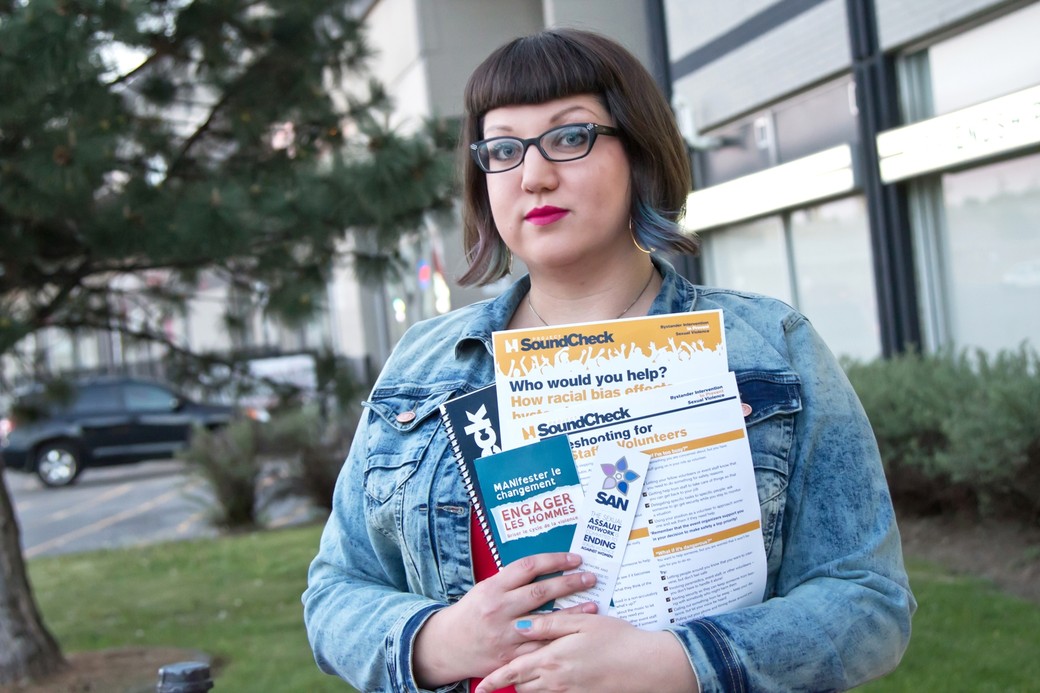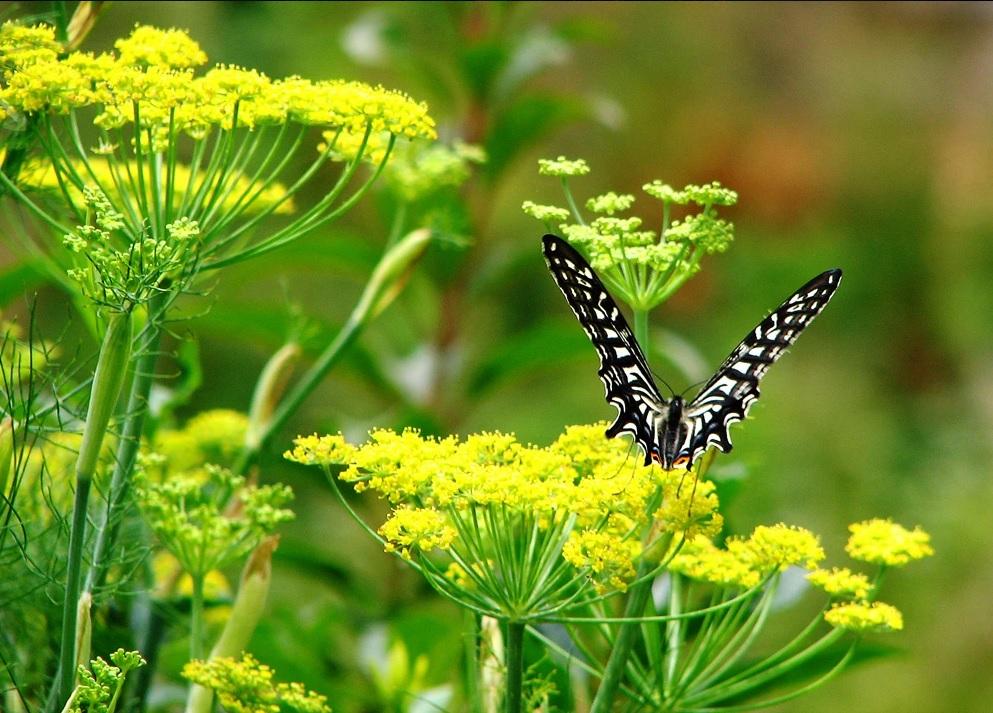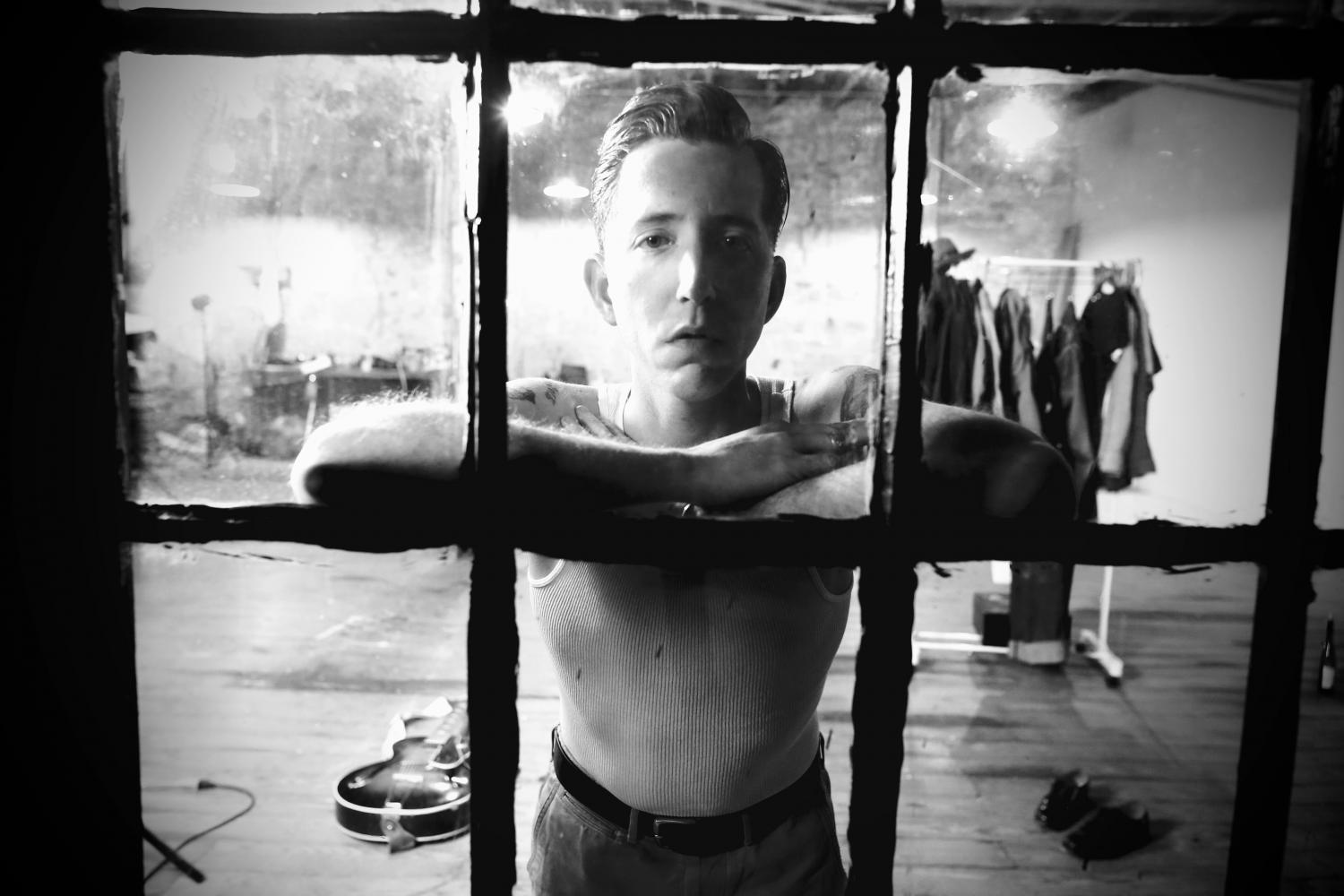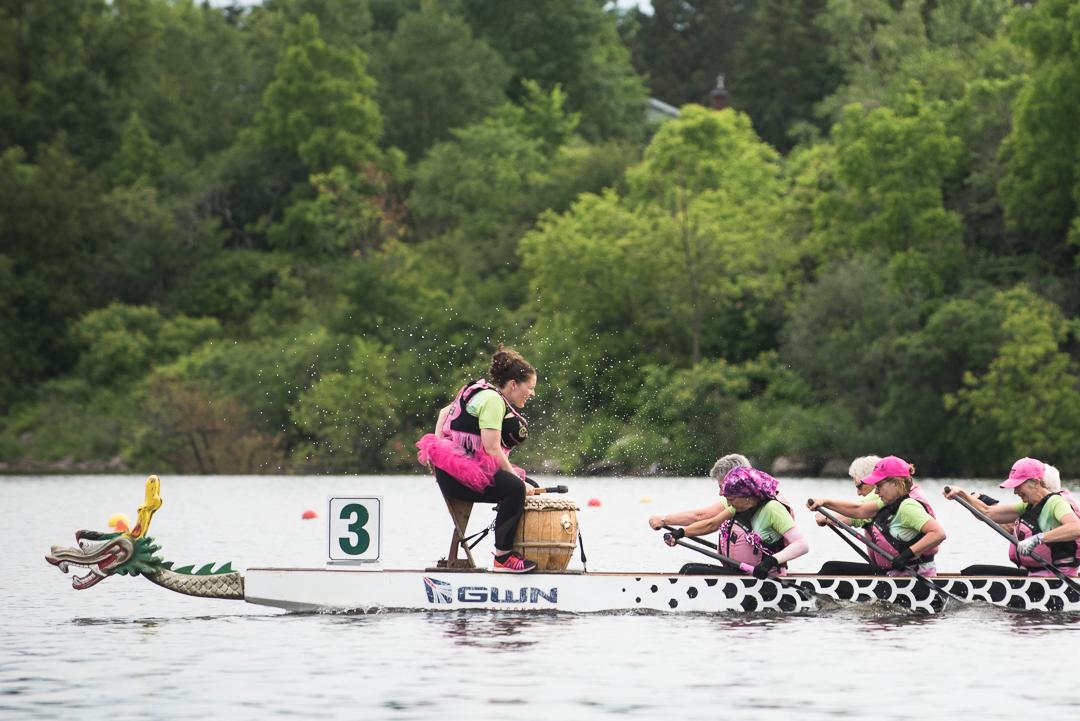
Project SoundCheck Seeking a Safer Festival Season
ABOVE: Kira-Lynn Ferderber, Project SoundCheck trainer and former team lead. (Photos by Andre Gagne)
June 1, 2016: it is reported that 26 women have come forward with claims of being sexually assaulted or harassed at a popular music festival in Darmstadt, Germany. Three arrests are made. Earlier this year, Swedish authorities were accused of covering up multiple sexual attacks at festivals dating back to 2014. That same year, Saskatchewan police received five separate sexual assault complaints from attendees of the Craven Country Jamboree. In 2012, 18-year-old Nicki Varkevisser reported she was assaulted on three separate occasions at Montreal’s Osheaga festival, once while she was only trying to dance to the music. Multiple sexual assault cases were reported after a Halloween party at the nearing Cantley, Qubec Mont Cascades Ski Resort in November of 2014. In one case, a 16-year-old girl was found unconscious and naked, the date rape drug GHB in her system.
Here in Ottawa, Dr. Kari Sampsel started noticing a pattern. While working in the emergency department as a physician as well as being the medical director in the Sexual Assault and Partner Abuse Care Program (SAPACP), she began to see a rise in sexual assault patients coming into the hospital after party-heavy holidays like New Year’s Eve and Canada Day as well as other events like festivals. Utilizing health records to review all patients who were cared for at the SAPACP in 2014, Sampsel and staff at the Ottawa Hospital conducted a study of local emergency room patients after such events over the course of the year. The results were shocking. Twenty-five per cent (or 1 in 4) of the new cases of sexual assaults reported in the city happened at or around mass gatherings.
“There are many reasons for this,” explains Dr. Sampsel. “Festivals are parties where people tend to drink and/or do drugs. This lowers people's inhibitions as well as their ability to get themselves out of a potentially dangerous situation. The most common means of drugging someone for the purpose of raping them is through spiking a drink – easy to do when drinks are plentiful. Festivals and parties are also usually large, anonymous groups. So some predatory people are more likely to try something in a dark corner or crowd of 10,000 that they wouldn't do at a dinner for 4 people.”
With the results made public last year, Sampsel knew something had to be done. After giving a presentation to representatives of The Sexual Assault Network of Ottawa (SAN), the two, together with The Ottawa Coalition to End Violence Against Women, launched Project SoundCheck in an effort to educate and prevent mass gathering assaults.

Project lead, Kira-Lynn Ferderber has been involved in the Ottawa music scene for nearly 15 years as a performer and activist. As an avid festival goer, she was surprised by what she heard and quickly signed on to the project.
“My personal reaction is a mix of sadness and hopefulness. It’s hard to face the fact that there are people out there looking to commit sexual violence, but ultimately I think a festival can be a very positive site because there are so many people around who can potentially be a part of making a space safer,” Ferderber says. “What we need to do is overcome the bystander apathy that all of us experience, and empower staff, volunteers, and even artists and attendees to step in and do something or say something if they see something dangerous happening.”
Being a musician and music lover herself, it seemed like a perfect fit to place Ferderber in the roll of reaching out to the many festivals in the city to learn what they were currently doing to prevent sexual violence as well as to share the strategies developed by the Project SoundCheck team with festival staff and volunteers.
“We use bystander intervention, which is asking people standing around at a festival to step-in to prevent sexual violence if they see something uncool going on,” Ferderber says. “Our training is applicable if you are at a bar in the Byward Market in January, or a party in Toronto next summer, or a hockey game in Vancouver. The festivals provide a great framework for teaching people how to be effective bystanders in many areas of their lives, and we know the effects of the training can reach beyond one summer in one city.”
 Bystander intervention can be “as simple as checking in with someone you are worried about”, explains a Project SoundCheck handout given during a training session. The group addresses concerns people may have (“What if I’m wrong?” “What if I’m too busy” “What if it’s dangerous”) with various solutions while urging that they are not trying to make action heroes out of the public. The goal is to keep everyone safe, including those intervening on the behalf of another.
Bystander intervention can be “as simple as checking in with someone you are worried about”, explains a Project SoundCheck handout given during a training session. The group addresses concerns people may have (“What if I’m wrong?” “What if I’m too busy” “What if it’s dangerous”) with various solutions while urging that they are not trying to make action heroes out of the public. The goal is to keep everyone safe, including those intervening on the behalf of another.
“I want people in Ottawa to understand that sexual violence can happen to anyone, but also that members of the public have a role in prevention,” says Ferderber.
“If you are standing around at a music festival and you see something that doesn’t look right to you, you can step in and help. This means helping anyone who might need it, including people that don’t look like you. We need to come together as a music community and a city to make sure people of all gender expressions are protected at our local events. We need to make sure we are supporting young women who attend shows and festivals, especially young women of colour. When you are looking at a situation and trying to decide if someone needs help, it’s important not to let stereotypes determine whether or not you will intervene.”
Ferderber and Project SoundCheck suggest various methods to help deter this behaviour. One of her favourites is called the Distraction Technique. Here, she explains, bystanders simply walk up to a situation that may be of concern and attempt to distract one or both of the parties involved by either pretending to be a friend of a potential victim or asking a direct question (“Do you know what band is on next?” ) which can give somebody an out to leave.
“I know it can sound intimidating at first to imagine intervening, but overwhelmingly when someone does step in to help someone out, they ultimately report feeling glad that they did.”
Project SoundCheck was quickly adopted into training sessions for festivals like Bluesfest and Westfest and Ferderber reporters that volunteers often express that they are better equipped to intervene. Many festival partners have made this training mandatory.
“I think as event producers it is our job to do everything we can to ensure the safety and overall comfort of our guests and attendees,” says Westfest founder and producer, Elaina Martin. She explains how the festival has incorporated many of Project SoundCheck’s suggestions into their emergency plans for this year’s festival which begins Friday in Laroche Park.
“The work that the Sexual Assault Network is doing is very important to help ensure that festival patrons feel comfortable coming to our event,” Mark Monahan, executive director of Bluesfest, said last year. “We are looking forward to our partnership with them, and taking part in the training that they are providing for our leadership team.”

Project SoundCheck has recently partnered with the I Can MANifest Change Project, a public awareness campaign to end violence against women by means of empowering men and boys to not become perpetrators but act as agents of change. Ferderber says the group is vital to their mission and stresses that sexual violence cannot end without male involvement. Through training, both groups strive to make this season a safer one.
Dr. Sampsel urges people to drink conservatively. Over 90 per cent of the victims in her study stated they voluntarily drank or used drugs prior to an assault with 60 per cent having lost consciousness. Whereas 60-80 per cent of sexual assault victims knew their attacker, one third of them in mass gathering assaults did not. It is suggested to be mindful of those around you. While the groups are not suggesting festival attendees be frightened to go out and have a good time – festivals are supposed to be fun, after all – they do address a growing need and hope training is mandatory for any city sanctioned event by next year.
“Sexual violence is not unique to festivals, but big gatherings have such a high concentration of people that it is important to consider sexual violence prevention along with other safety issues that event planners already consider, such as first aid, emergency preparedness, or over-intoxication,” says Ferderber. “If you are going to a festival or event this year, if you are an artist, ticket-buyer or a vendor, please ask them what their plan is to prevent sexual violence. Let them know that this issue is important to you.”
More information and tips in bystander intervention can be downloaded on the SAN Ottawa website. Events and organizations wishing to set-up a free training session can email: SanOttawa@FamilyServicesOttawa.org.
Ottawa Life’s Festival City Series will provide a unique look at some of your favourite summer events.We’ll go beyond the music with artist interviews, volunteer profiles, concert reviews and spotlights on the tastes, sights and sounds of the festival season. Your city! Your festivals! Your summer! Like a good sunscreen, Ottawa Life has you covered.









